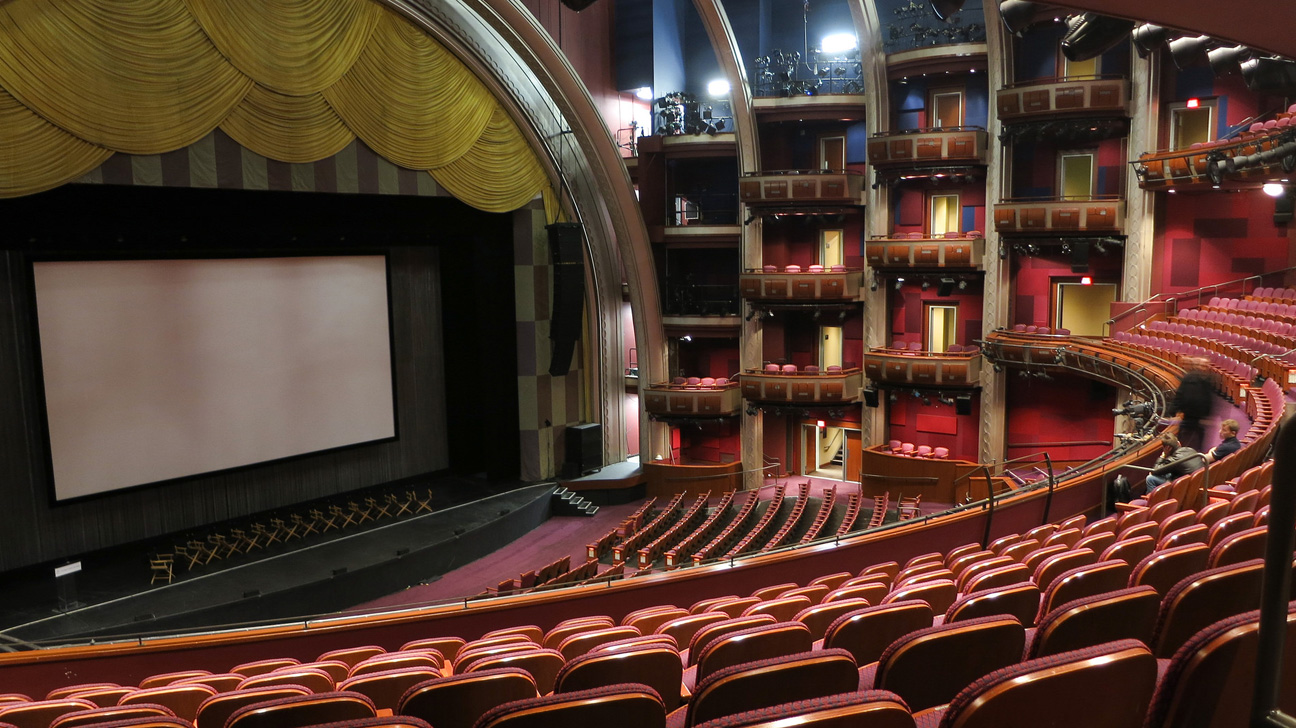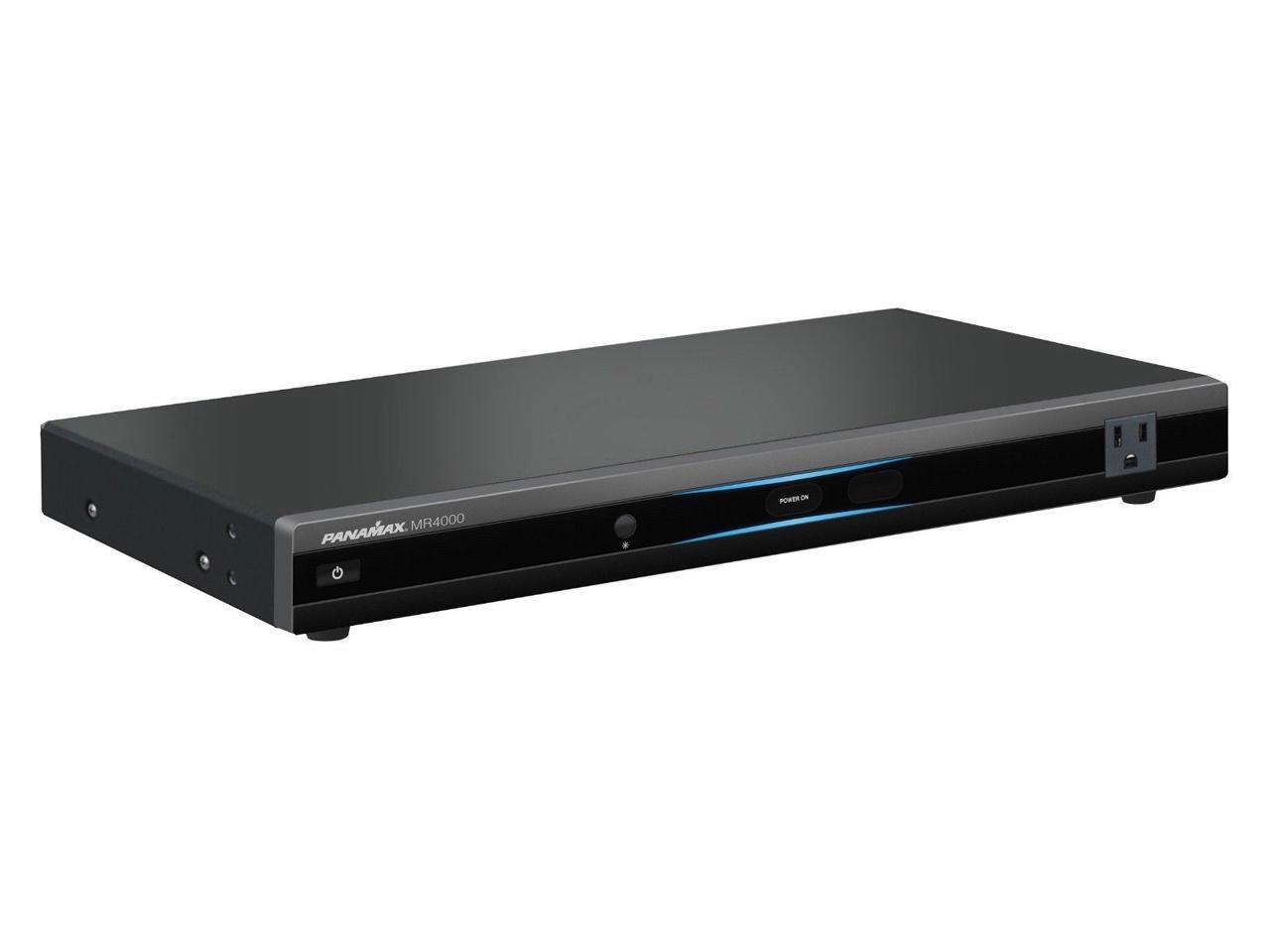
However, always check reviews, such as Bose Surround Sound reviews before making sure which one to pick. Getting a good sound system that doesn't take too much space should do the trick. It ruins the experience and increases chances of getting distracted. The biggest problem when having a home theater is not hearing sound clearly due to outside noise. Now they regulate voltage, ensure proper grounding, control inrush current (the surge of electricity that occurs when you turn on a device), filter out noise, and more. The first ones simply cleaned up dirty power by cutting the high-frequency transients caused by dimmer switches and fluorescent lights. Theater power managers can also help remove harmful electromagnetic frequencies (EMFs) that may affect the operation of sensitive equipment like computer drives and plasma TVs. The main reason for using them is to create a cleaner supply of electricity for audio/video components. To make sure you are getting one worth the price, make sure to look for the right electronic retail reviews. However, they are still relatively inexpensive considering the amount of money that can be saved by using them. Some are cheaper and some are more expensive than this range. Usually, they run from $100 to $250 or more.



By switching off the power to an unused device, you can save on standby costs. Power managers usually have many outlets, and each outlet is equipped with a switch. These devices are one of the most important things that you need to be looking for when setting up a home theater. What are power managers?Ī home theatre power manager, or “home theatre power conditioner,” is an electrical device that accepts AC power from a wall outlet and regulates it for use by home entertainment set up. If the answer is yes, then let's get to know the basics first and see if you really need one. Looking to power manage your home theater system?


 0 kommentar(er)
0 kommentar(er)
